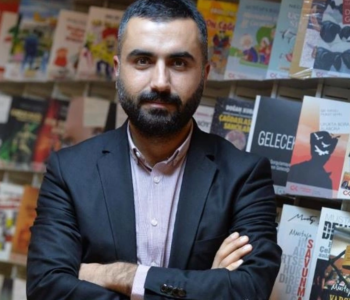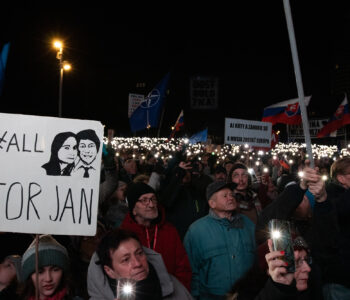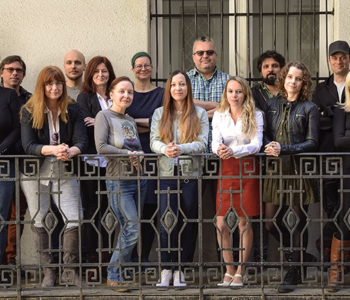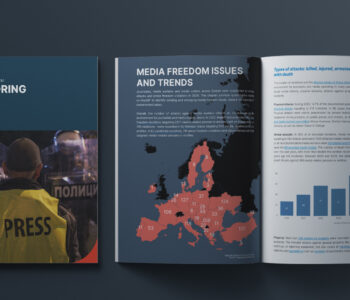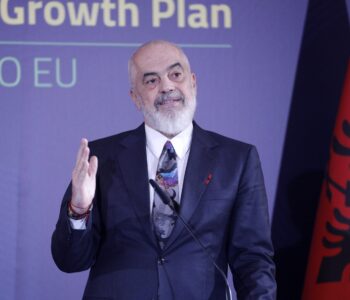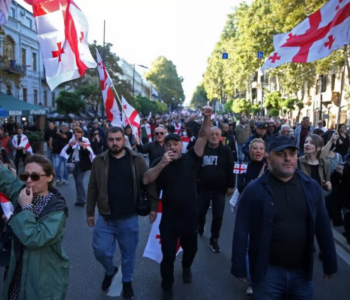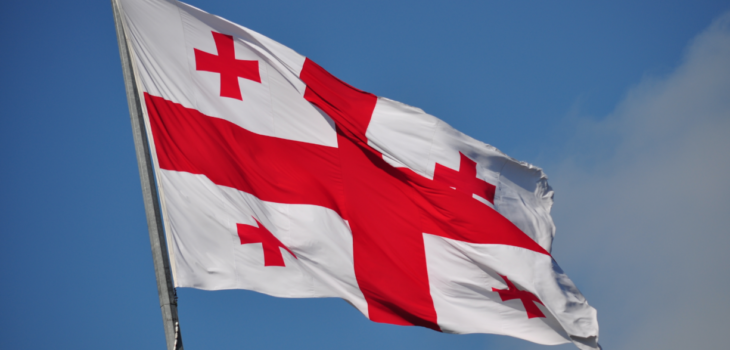
Georgia: As ruling party intensifies crackdown, media freedom groups demand urgent action to safeguard independent journalism
The undersigned media freedom, journalists’, and freedom of expression organisations strongly condemn the intensifying crackdown on Georgian journalists and press freedom defenders who continue to face institutional repression and physical attacks.
10.10.2025
As the Georgian Dream (GD) regime’s Prime Minister explicitly promises to stifle dissent, we reiterate our urgent call for the EU and the international community to respond forcefully to the ruling party’s clampdown on media and civil society.
Media freedom in Georgia remains dire and continues to deteriorate. At least 14 journalists from both independent and government-controlled media were targeted during the anti-government demonstration on October 4, which took place simultaneously with local municipal elections partially boycotted by the opposition.
While the Prosecutor’s Office has reportedly opened an investigation into the obstruction of professional activities of journalists from the pro-government public broadcaster and the government-controlled outlet Imedi TV, investigations have not yet been launched into attacks targeting independent media. This selective approach to justice is highly alarming and deepens long-standing impunity for crimes against journalists in Georgia.
In addition, the authorities have increased institutional pressure and tightened their grip on media and civil society, including groups supporting independent media. Georgian authorities have launched inquiries of independent online media outlets and media freedom organisations based on the law on grants, which, following amendments in April, prohibits receiving foreign grants without government approval.
Targeted media organisations include Project 64, an organisation which operates Mtis Ambebi (Mountain Stories), the Organized Crime Research Media Centre, which runs investigative newsroom iFact, and Governance Monitoring Center (GMC). The latter manages two media projects: Plangvis Detektori (Squander Detector), focusing on corruption and public governance issues, and Realpolitika, an online media outlet covering international politics.
According to reports, over 60 media and civil society groups were ordered to disclose donor and grant information. The Anti-Corruption Bureau demanded contracts, budgets, work plans, and implementation reports, giving only three business days to comply. The Georgian Charter of Journalistic Ethics (GCJE), a media self-regulation body and a de-facto union of journalists, was also targeted.
In September, up to 30 organizations, including IDFI – Institute for Development of Freedom of Information, Media Center Kakheti, GYLA – Georgian Young Lawyers’ Association, Rights Georgia, Civic Idea, and the Human Rights Center, received similar letters.
Despite objections over their legal basis, the Tbilisi City Court upheld the Bureau’s motions against nine organizations on 17 September.
These inspections follow earlier rounds in June and August 2025, when authorities used Georgia’s “foreign agents” law to demand sensitive data and freeze accounts of groups accused of supporting protests.
Our organisations welcome the statement by EU Vice President Kallas and EU Commissioner for Enlargement Kos condemning Georgian Dream’s crackdown on Georgia’s media and civil society and now urge words to be met with concrete actions.
While we expect the clampdown on media to intensify in the coming months, we reiterate our call for stronger pressure on the Georgian Dream regime, including additional targeted sanctions. Without external support and solidarity, Georgian media and civil society will not be able to survive.
This statement was coordinated by the Media Freedom Rapid Response (MFRR), a Europe-wide mechanism which tracks, monitors and responds to violations of press and media freedom in EU Member States and Candidate Countries.


